Books of the year 2014
The critics’ top eight choices based on Christmas selections in national newspapers
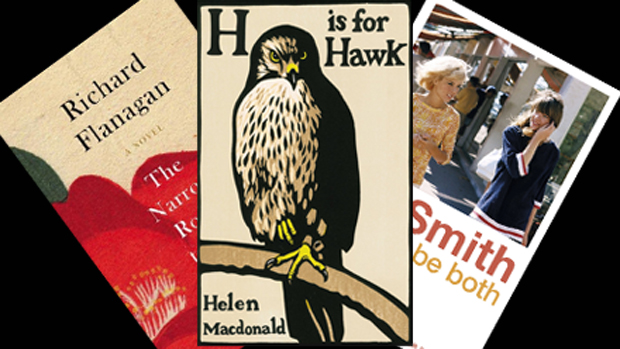
A free daily email with the biggest news stories of the day – and the best features from TheWeek.com
You are now subscribed
Your newsletter sign-up was successful
1. H is for Hawk by Helen Macdonald
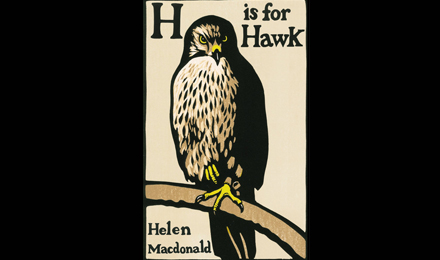
Jonathan Cape £14.99
The Week bookshop £12.99
The Week
Escape your echo chamber. Get the facts behind the news, plus analysis from multiple perspectives.

Sign up for The Week's Free Newsletters
From our morning news briefing to a weekly Good News Newsletter, get the best of The Week delivered directly to your inbox.
From our morning news briefing to a weekly Good News Newsletter, get the best of The Week delivered directly to your inbox.
Following the unexpected death of her father, Helen Macdonald bought a goshawk for £800 and tried to tame both the bird and her grief. Her detailed memoir of this process also examines the history of falconry, and the life of another troubled goshawk trainer, the novelist T.H. White. H is forHawk was hailed as a classic of nature writing (although some critics complained that the lengthy sections on White felt rather out of place). The book won the Samuel Johnson Prize for non-fiction.
Number of votes: 13*
Who chose it? Andrew Motion, Ruth Rendell, Alan Johnson, Philip Hoare, Thomas Adès, Ruth Scurr, Gaby Wood, Stephen Moss and five others.
Praise: “I’ve never read anything like it before.” (RuthRendell, The Guardian)
A free daily email with the biggest news stories of the day – and the best features from TheWeek.com
“Equally sharp-eyed about things in nature and feelings in people.” (Andrew Motion, TLS)
“In projecting her despair after her father’s death onto the natural world, Macdonald has produced a profound meditation on the line between living and dying.” (Ruth Scurr, TLS)
2. How to be Both by Ali Smith
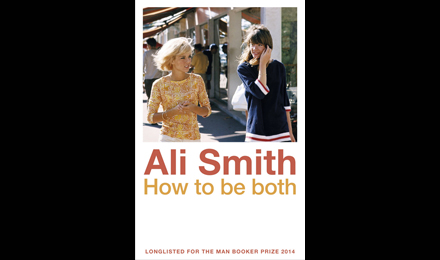
Hamish Hamilton £16.99
The Week bookshop £14.99
Ali Smith’s sixth novel consists of two parts. One is about a teenager in present-day Cambridge; the other tells the story of an Italian fresco painter in 15th century Europe. Two versions of the book were published: in one, the Cambridge story comes first; in the other, the order is reversed. A playful, experimental novel about art’s versatility, How to be Both was well reviewed and won a number of accolades: it was shortlisted for both the Costa and the Man Booker Prize, narrowly losing out in the latter to The Narrow Road to the Deep North.
Number of votes: 13*
Who chose it? A.S. Byatt, Julie Myerson, Jackie Kay, Sarah Churchwell, Kamila Shamsie, Craig Taylor, Lara Feigel and six others.
Praise: “A revelation. It blasts the doors open for the novel form.” (Jackie Kay, The Observer)
“A marvellous exploration of what it means to look, then look again.” (Sarah Churchwell, New Statesman)
“I’m not quite sure I know what it’s about... but it is such a dazzling piece of writing and storytelling that I really don’t much mind.” (David Crane, The Spectator)
3. The Narrow Road to the Deep North by Richard Flanagan
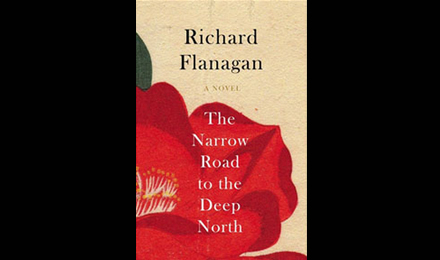
Chatto & Windus £16.99
The Week bookshop £14.99
In a year when the Man Booker Prize was opened up to American writers for the first time, it was won by an Australian. Richard
Flanagan’s unflinching but graceful novel about the suffering of Australian PoWs on the Thailand-Burma “death railway” – a tribute to his own father’s experiences – was widely felt to be the right choice: the reviews were very positive (although Flanagan was also shortlisted for this year’s Bad Sex award).
Number of votes: 12*
Who chose it? Colm Tóibín, Michael Gove, John Burnside, Sarah Sands, Justine Jordan, Sarah Churchwell, Peter Kemp, Rebecca Rose and four others.
Praise: “It haunts the mind months after reading. The visceral horror of life and death for Aussie soldiers is balanced with an understanding... of their Japanese captors that enlarges the reader’s capacity for compassion.” (Michael Gove, New Statesman)
“Has become an Australian modern classic.” (Justine Jordan, The Guardian)
“Exquisitely written.” (Rebecca Rose, FT)
4. Roy Jenkins: by John Campbell
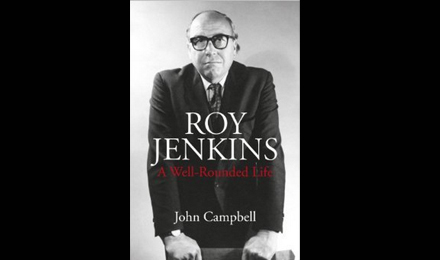
Jonathan Cape £30
Often described as the best prime minister Britain never had, Roy Jenkins nevertheless shaped the society we live in today. As home secretary in the 1960s, he legalised homosexuality and abortion, introduced the first racial equality laws – and still found time to re-read Proust while in office. The veteran political biographer John Campbell was widely felt to have done an excellent job in his biography, which throws fresh light on Jenkins’s complicated personal life.
Number of votes: 12*
Who chose it? Alan Johnson, A.N. Wilson, Nicholas Shakespeare, Gideon Rachman, Matthew d’Ancona, Helen Lewis, Chris Mullin, Philip Ziegler, D.J. Taylor and three others.
Praise: “This book made me rather love old Woy. As a recollection of the Labour Party, when its senior figures were nearly all cultivated, well read and politically astute, you might find it as historically remote as [the] 17th century.” (A.N. Wilson, London Evening Standard)
“Jenkins’s well-rounded life has been beautifully chronicled.” (Andy McSmith, The Independent)
5. Do No Harm by Henry Marsh
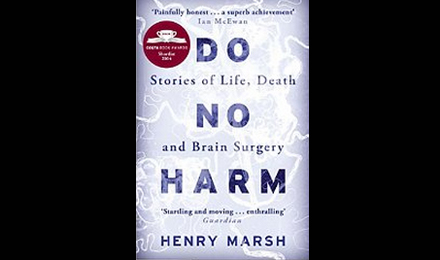
Weidenfeld £8.99
The Week bookshop £8.54
“I often have to cut into the brain and it is something I hate doing.” So begins this elegant and painfully honest memoir by Henry Marsh, senior consultant neurosurgeon at St George’s Hospital, Tooting. Looking back on a long and distinguished career, Do No Harm provides a fascinating insight into what it is like to play God on the operating table. The memoir was shortlisted for various prizes and was much praised by the critics. Ian McEwan suggested that “neurosurgery has met its Boswell in Henry Marsh”.
Number of votes: 12*
Who chose it? Helen Dunmore, William Leith, Gaby Wood, Erica Wagner, Kate Fox, Patrick Marnham, Lucy Scholes, Paul Laity and four others.
Praise: “It takes us deep into both the human brain and the entrails of the NHS, and it is sometimes hard to know which is the more alarming.” (Patrick Marnham, The Spectator)
“Scathing, searing and sensitive, proving that Marsh is as skilful with the written word as he is with the scalpel.” (Helen Davies, The Sunday Times)
“Startlingly honest and beautifully written.” (Tom Whipple, The Times)
6. Nora Webster by Colm Tóibín
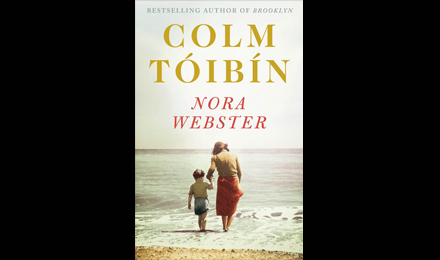
Viking £18.99
The Week bookshop £15.99
Colm Tóibín’s companion piece to his much-loved Brooklyn likewise followed the life of a woman from Enniscorthy, southeast Ireland – in this case a middleaged mother of four, who is forced to make a new life for herself after the death of her husband. This vivid, stylistically unadorned and surprisingly funny portrait of provincial life in 1960s Ireland was, like most of Tóibín’s fiction, rapturously received – although one reviewer complained that the sad, slow story was “a little wearing”.
Number of votes: 11
Who chose it? John Banville, Ferdinand Mount, Cornelia Parker, Mark Amory, Peter Kemp, Arifa Akbar, James Walton, Rebecca Rose and three others.
Praise: “Confirmed his talent for rendering ‘ordinary’ women extraordinary.” (Arifa Akbar, The Independent)
“His virtuoso study of a widow’s progress in 1960s Ireland is one of the most beautiful things I have read in years.” (Edmund Gordon, TLS)
“Tóibín is now in full view as Ireland’s greatest novelist since John McGahern.” (Ferdinand Mount, The Spectator)
7. The Establishment by Owen Jones
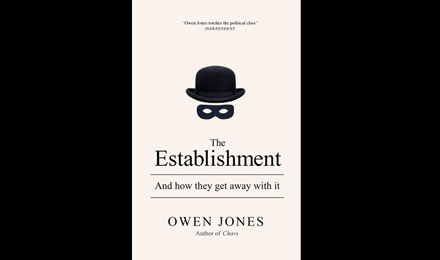
Allen Lane £16.99
The Week bookshop £14.99
“Behind our democracy lurks a powerful but unaccountable network of people who wield massive power and reap huge profits in the process,” argues the Guardian columnist Owen Jones in this broadside against the British Establishment. The book was an unlikely bestseller. By and large, it was praised to the skies by left-wing reviewers, as a devastating exposé of a deeply unequal society – while those on the Right dismissed it as adolescent and paranoid.
Number of votes: 10*
Who chose it? Shami Chakrabarti, Naomi Klein, David Kynaston, Armando Iannucci, Melissa Benn, Matthew Parris, Andy McSmith, Matt Haig and two others.
Praise: “I’ll never look at UK class politics in the same way.” (Naomi Klein, The Guardian)
“As the year unwinds I’m rebuked by hints all around me that a book I comprehensively panned... is basically true. [It] is an intellectual mess, and its central thesis is bollocks. But once you’ve understood his hunch that a tiny proportion of the population have got things stitched up, you do begin to wonder...” (Matthew Parris, The Spectator)
8. The Paying Guests by Sarah Waters
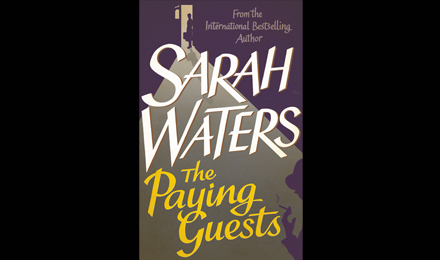
Virago £20
Set in south London just after the First World War, Sarah Waters’s sixth novel opens with a genteel widow and her daughter in reduced circumstances, apprehensively waiting the arrival of lodgers from the “clerk class”. Early scenes of class comedy give way to wilder developments, including illicit passion, death and a murder trial. The reviews were split between those who loved all the twists and turns – and those who thought the novel degenerated into melodrama.
Number of votes: 10*
Who chose it? Lionel Shriver, Ruth Rendell, Rachel Joyce, Juliet Nicolson, Justine Jordan, Peter Kemp, Tim Martin, Viv Groskop and two others.
Praise: “I raced through it, breathing fast, and when I had finished had to re-read parts of the wonderful early chapters. I don’t like historical novels but this is the exception.” (Ruth Rendell, The Guardian)
“An uninterruptible joy of a novel.” (Juliet Nicolson, London Evening Standard)
“An unsurpassed fictional recorder of vanished eras and hidden lives.” (Peter Kemp, The Sunday Times)
*Where books have been chosen an equal number of times, The Week has cast the deciding vote
To order these titles at the above discounts – or any other book in print – visit www.theweek.co.uk/bookshop or call 0843 060 0020.
Free p&p for UK customers. For p&p in Europe, add 20% of the cost of the overall order, and 35% in the rest of the world.
-
 Tourangelle-style pork with prunes recipe
Tourangelle-style pork with prunes recipeThe Week Recommends This traditional, rustic dish is a French classic
-
 The Epstein files: glimpses of a deeply disturbing world
The Epstein files: glimpses of a deeply disturbing worldIn the Spotlight Trove of released documents paint a picture of depravity and privilege in which men hold the cards, and women are powerless or peripheral
-
 Jeff Bezos: cutting the legs off The Washington Post
Jeff Bezos: cutting the legs off The Washington PostIn the Spotlight A stalwart of American journalism is a shadow of itself after swingeing cuts by its billionaire owner
-
 Friendship: 'bromance' comedy starring Paul Rudd and Tim Robinson
Friendship: 'bromance' comedy starring Paul Rudd and Tim RobinsonThe Week Recommends 'Lampooning and embracing' middle-aged male loneliness, this film is 'enjoyable and funny'
-
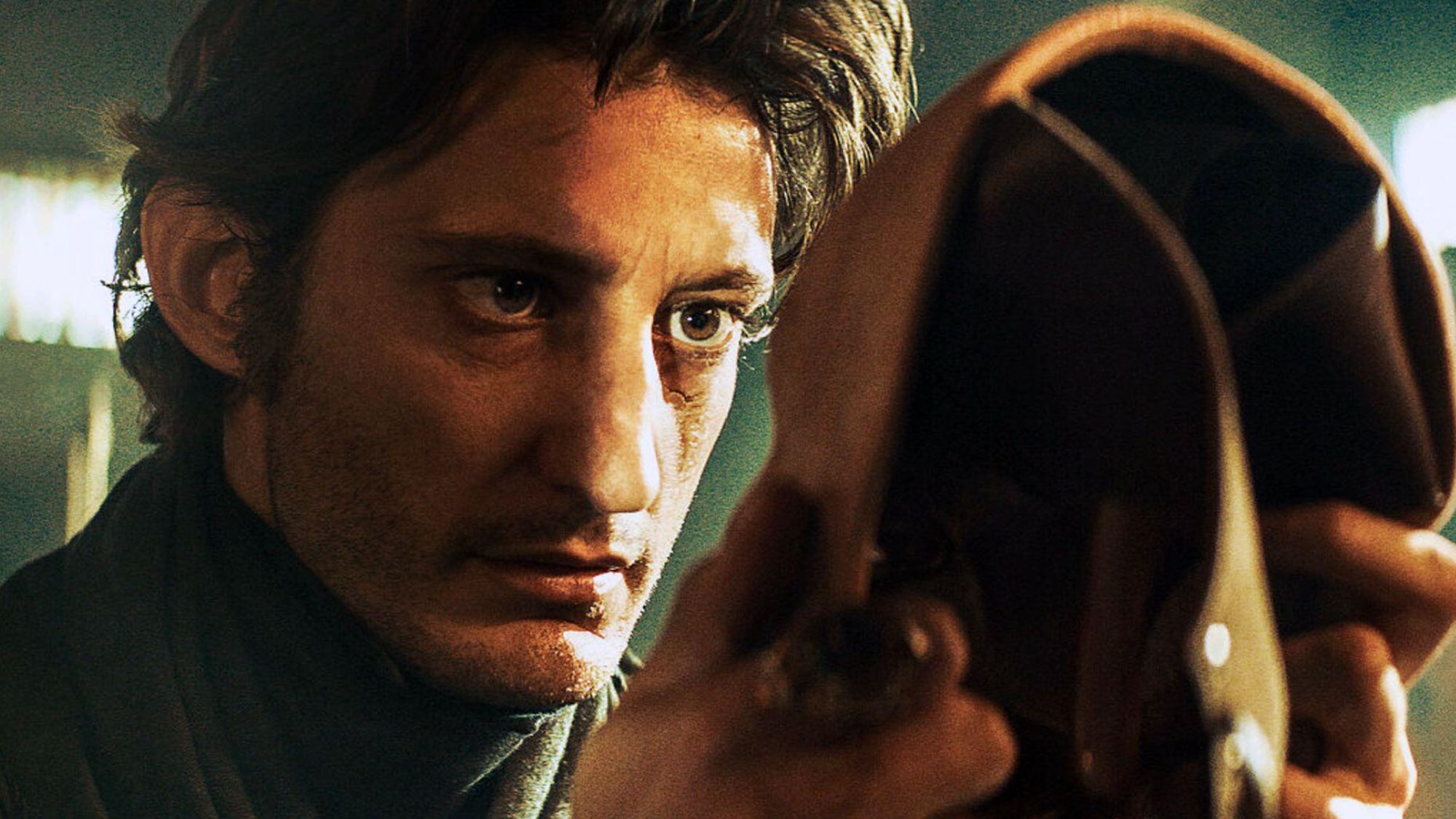 The Count of Monte Cristo review: 'indecently spectacular' adaptation
The Count of Monte Cristo review: 'indecently spectacular' adaptationThe Week Recommends Dumas's classic 19th-century novel is once again given new life in this 'fast-moving' film
-
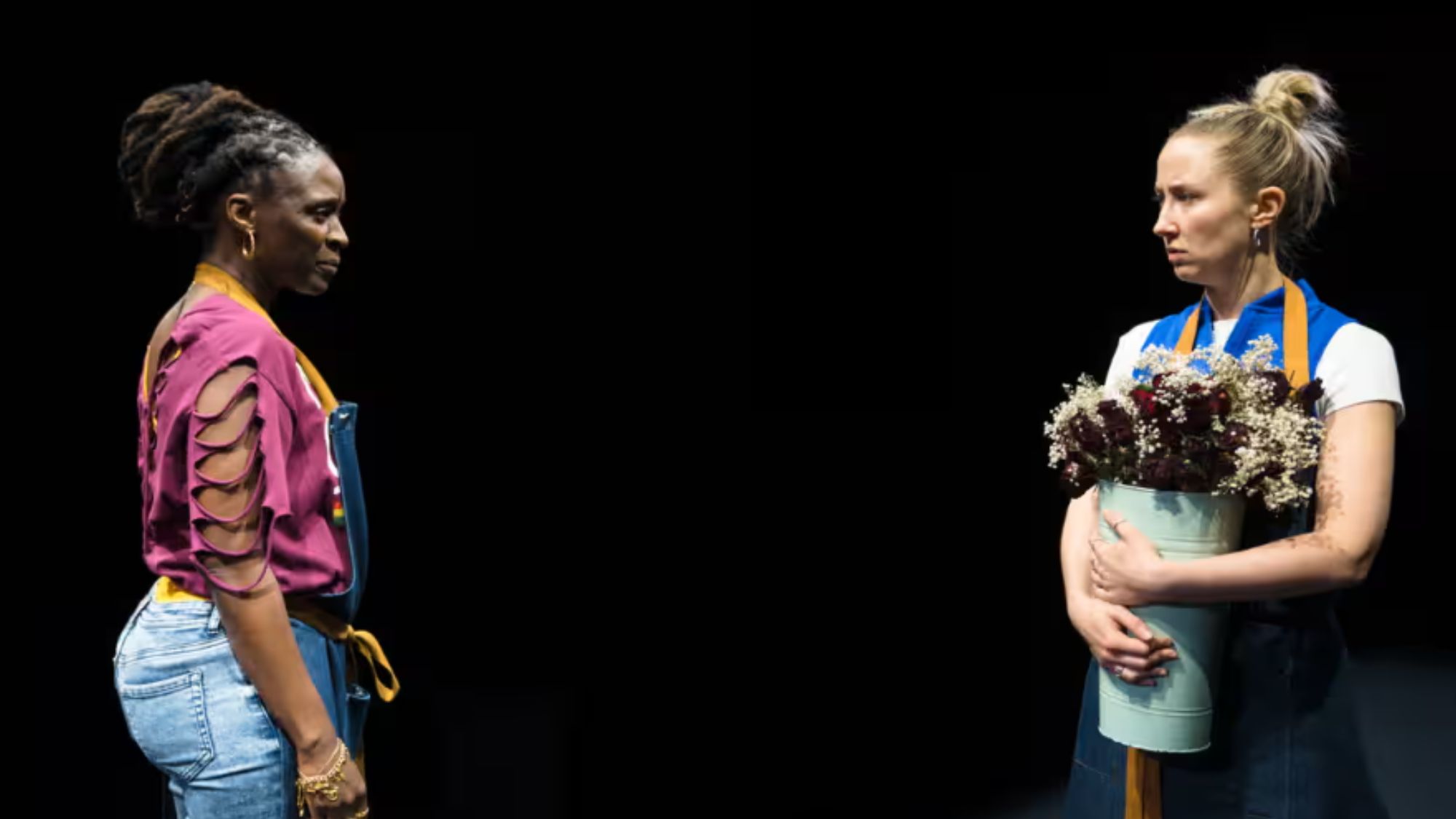 Death of England: Closing Time review – 'bold, brash reflection on racism'
Death of England: Closing Time review – 'bold, brash reflection on racism'The Week Recommends The final part of this trilogy deftly explores rising political tensions across the country
-
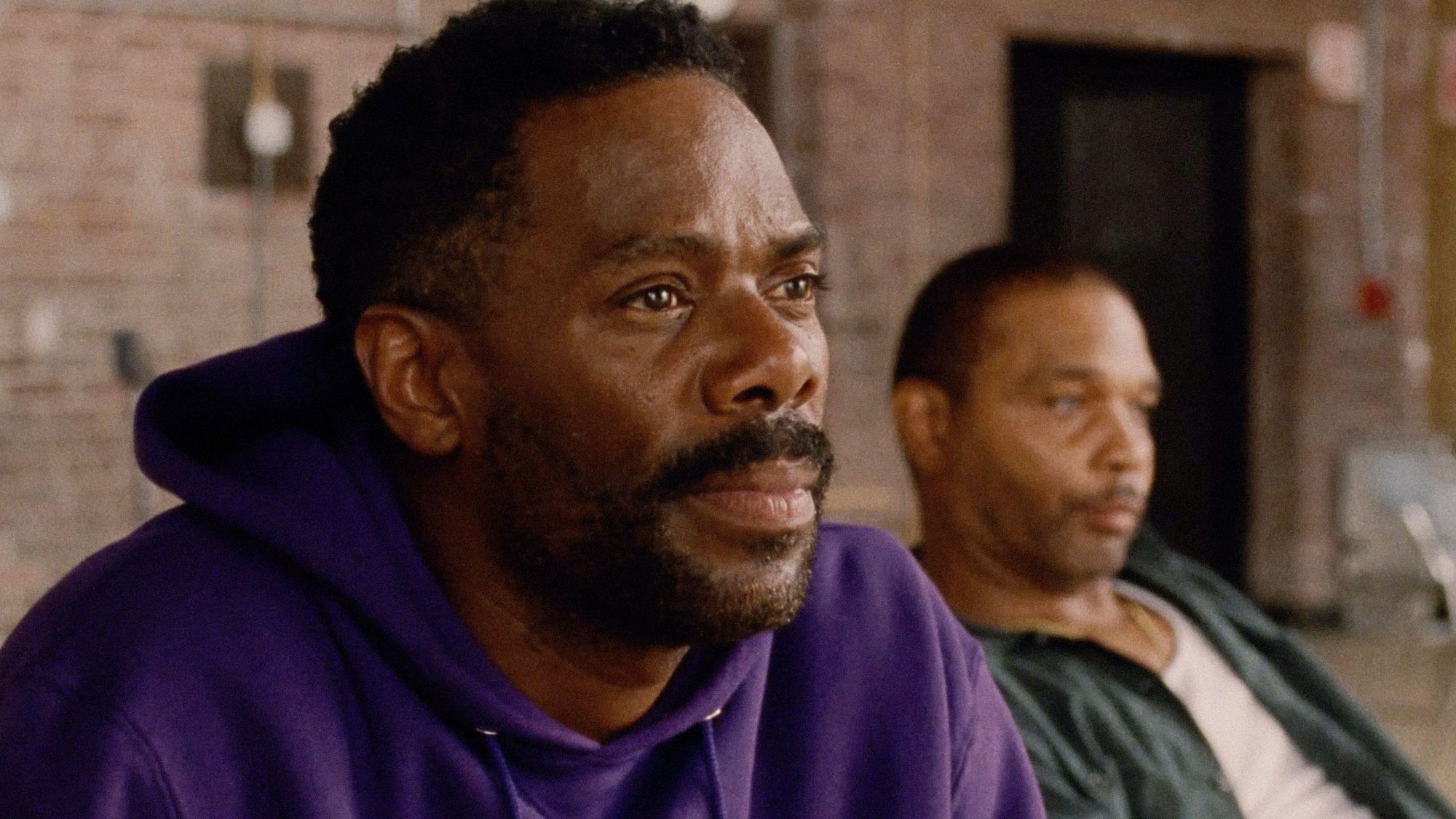 Sing Sing review: prison drama bursts with 'charm, energy and optimism'
Sing Sing review: prison drama bursts with 'charm, energy and optimism'The Week Recommends Colman Domingo plays a real-life prisoner in a performance likely to be an Oscars shoo-in
-
 Kaos review: comic retelling of Greek mythology starring Jeff Goldblum
Kaos review: comic retelling of Greek mythology starring Jeff GoldblumThe Week Recommends The new series captures audiences as it 'never takes itself too seriously'
-
 Blink Twice review: a 'stylish and savage' black comedy thriller
Blink Twice review: a 'stylish and savage' black comedy thrillerThe Week Recommends Channing Tatum and Naomi Ackie stun in this film on the hedonistic rich directed by Zoë Kravitz
-
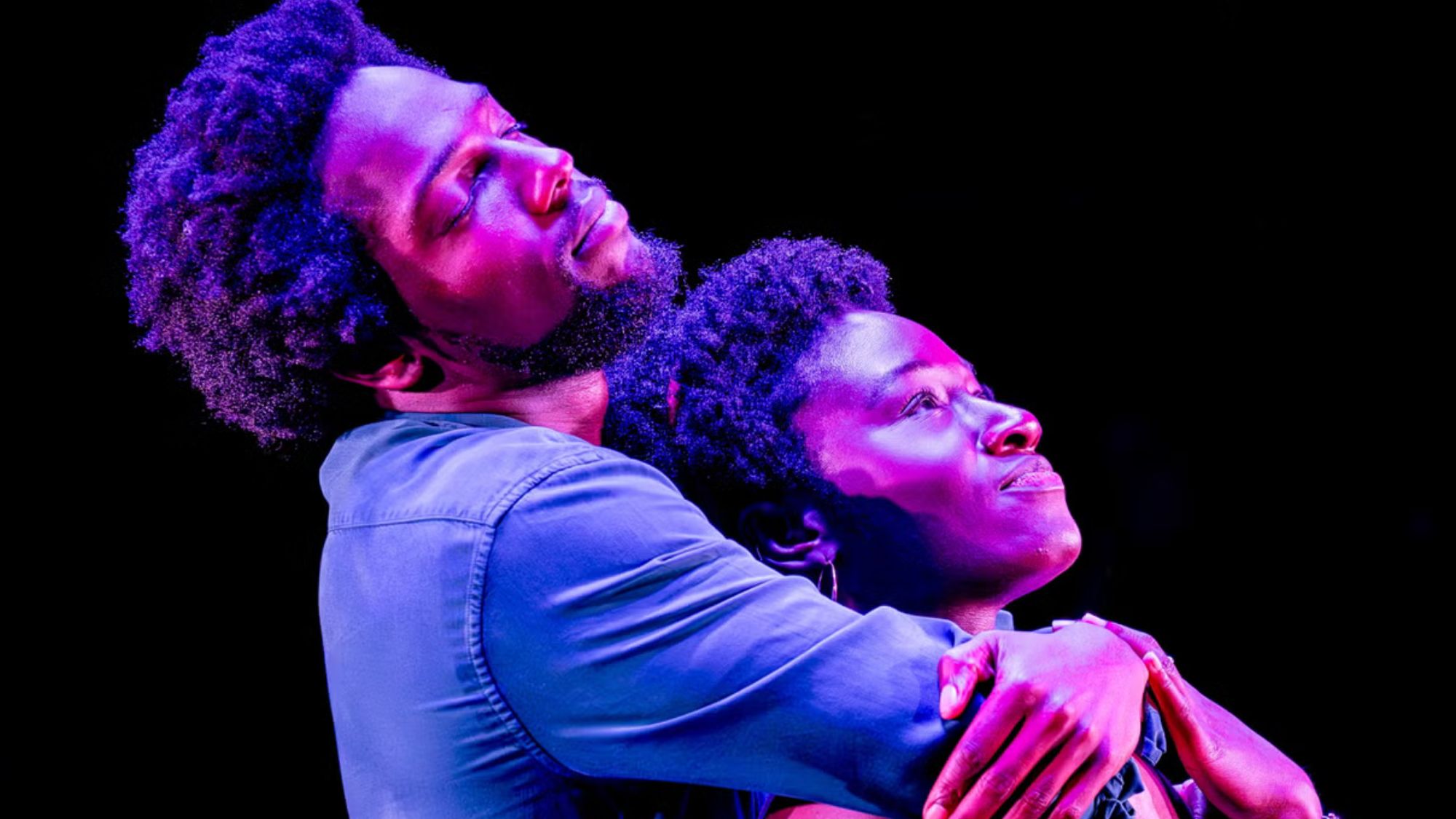 Shifters review: 'beautiful' new romantic comedy offers 'bittersweet tenderness'
Shifters review: 'beautiful' new romantic comedy offers 'bittersweet tenderness'The Week Recommends The 'inventive, emotionally astute writing' leaves audiences gripped throughout
-
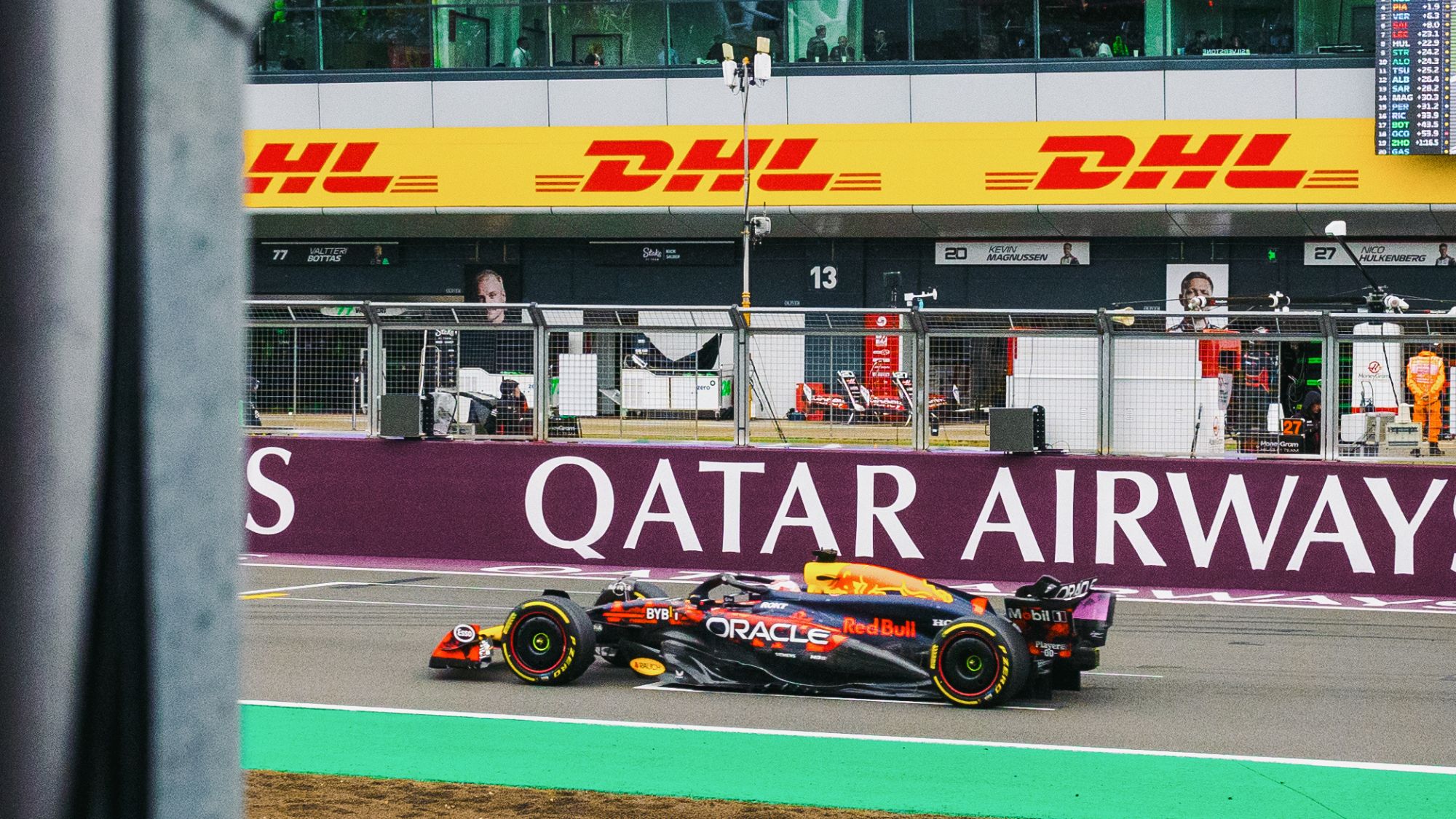 How to do F1: British Grand Prix 2025
How to do F1: British Grand Prix 2025The Week Recommends One of the biggest events of the motorsports calendar is back and better than ever